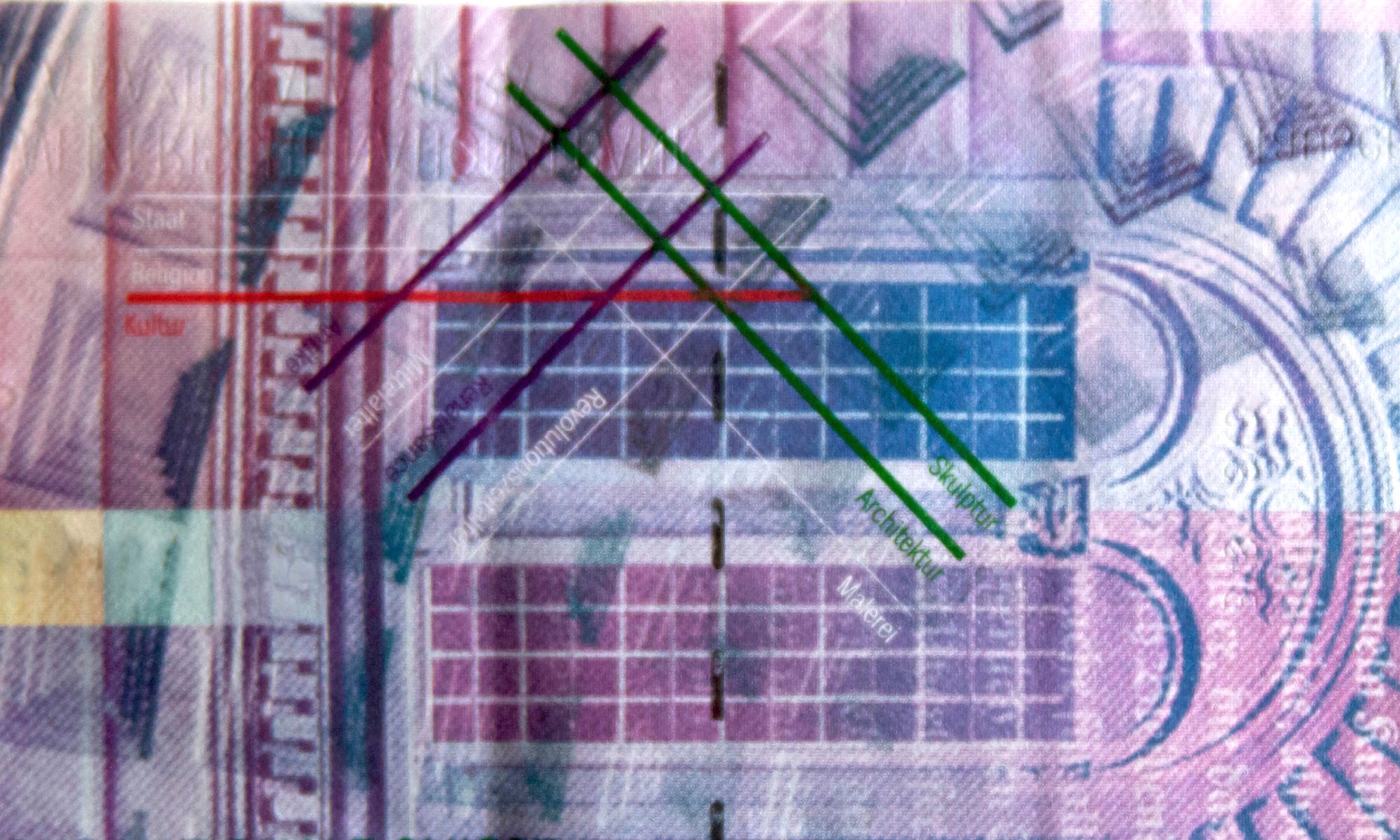[UPDATE 8-3-18]
Some wave-related temporal events:
Expand Links...
Bermuda triangle rogue wave theory resurfaces.
and then…
The Undulatus Asperitas:
[… On 2017] World Meteorological Day — nine years after the classification was first submitted — the World Meteorological Organization finally recognized Pretor-Pinney’s clouds in the updated version of the International Cloud Atlas, though the name has been tweaked to “asperitas.” They’re the first new addition to the Atlas in over half a century.
Pretor-Pinney described the formations as “localized waves in the cloud base, either smooth or dappled with smaller features, sometimes descending into sharp points, as if viewing a roughened sea surface from below. Varying levels of illumination and thickness of cloud can lead to dramatic visual effects.” Asperitas clouds tend to be low-lying, and are caused by weather fronts that create undulating waves in the atmosphere.1




:no_upscale()/cdn.vox-cdn.com/uploads/chorus_image/image/53877755/giphy.0.gif?resize=480%2C320&ssl=1)